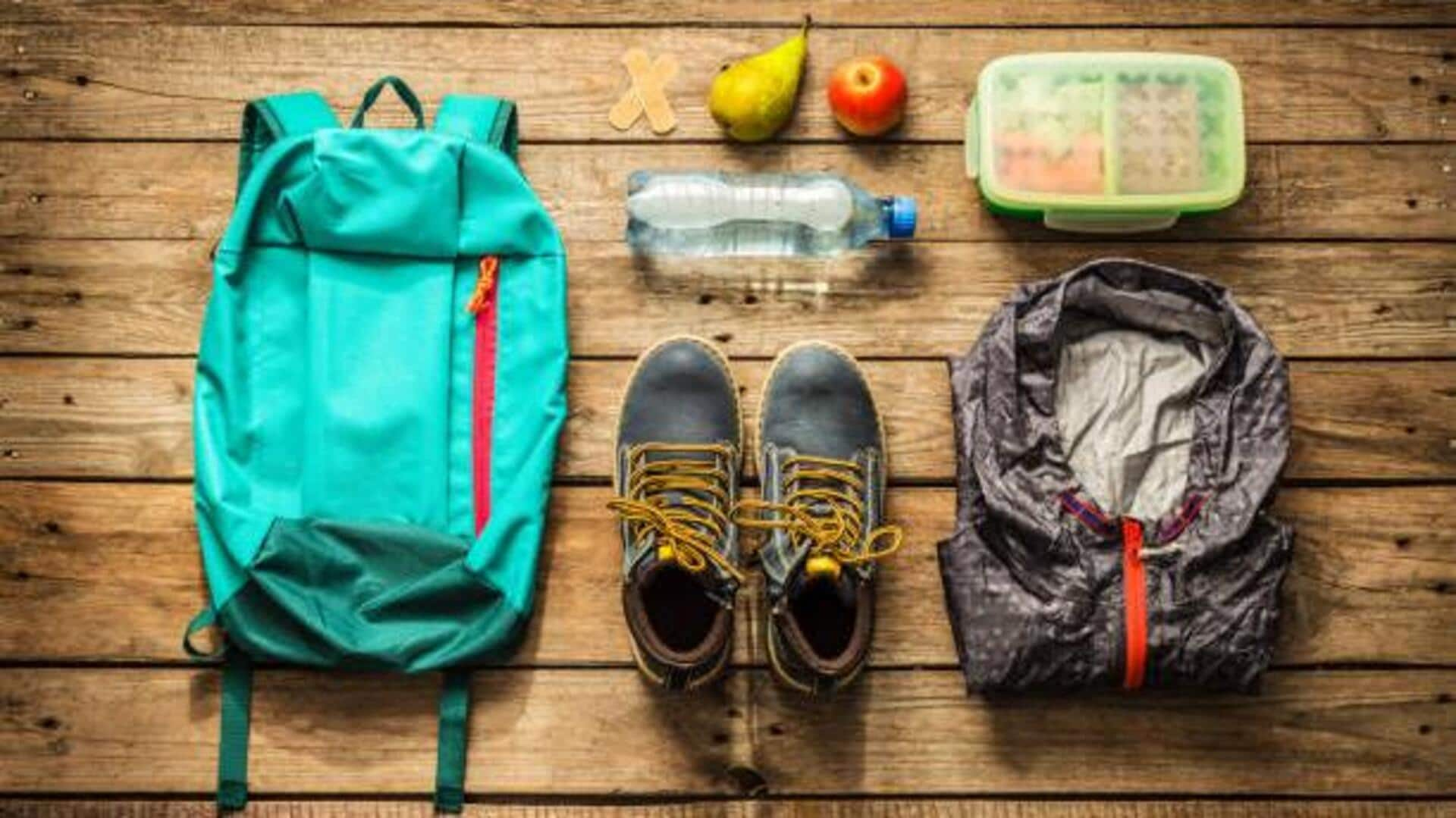
What to pack for a safari: A list
What's the story
Embarking on a safari adventure requires careful preparation to ensure a comfortable and enjoyable experience. When you're out exploring the vast landscapes and diverse wildlife of Africa, packing the right essentials can make all the difference. Here are some practical insights into what to pack for a safari, focusing on essential items that will enhance your journey without unnecessary frills.
Clothing essentials
Choose practical clothing for comfort
When choosing clothing for a safari, go for comfort and practicality. Choose lightweight, breathable fabrics in neutral colors such as khaki or olive green to blend in with the environment. Long-sleeved shirts and pants protect you from sunburn and insect bites. A wide-brimmed hat is a must-have for protecting your face from the sun's rays, while sturdy walking shoes lend you support during game drives and walks.
Gear checklist
Pack essential gear for exploration
A reliable pair of binoculars is a must for observing wildlife from a distance without disturbing them. A high-quality camera with zoom capabilities help you capture memorable moments without getting too close. Don't forget extra batteries or power banks to keep your devices charged throughout your trip. A durable backpack will help carry these essentials comfortably during excursions.
Personal care needs
Prepare personal care items wisely
Personal care items become essential when you are outdoors for long. Sunscreen with a high SPF shields you from harmful UV rays, while insect repellent keeps mosquitoes and other insects common in certain areas at bay. Carry basic first-aid items such as band-aids, antiseptic wipes, and any personal medication you would require during your journey.
Tech gadgets
Consider tech gadgets for convenience
Tech gadgets can take your safari experience to the next level by offering convenience and connectivity in the wild. A portable solar charger will keep your electronics juiced up, even when you don't have traditional charging options. Meanwhile, a GPS device or offline maps app can help you navigate through unknown terrains seamlessly without depending completely on guides/rangers.
Snacks & hydration
Plan snacks & hydration carefully
Staying hydrated is key on safaris, as temperatures vary across different regions you visit daily. Hence, you need to carry reusable water bottles to refill regularly at lodges or campsites. Along with, energy-boosting snacks like nuts, dried fruits, and granola bars keep your energy up between meals. These are provided by tour operators, lodges, or campsites you visit along routes traveled through national parks, reserves, or conservancies.